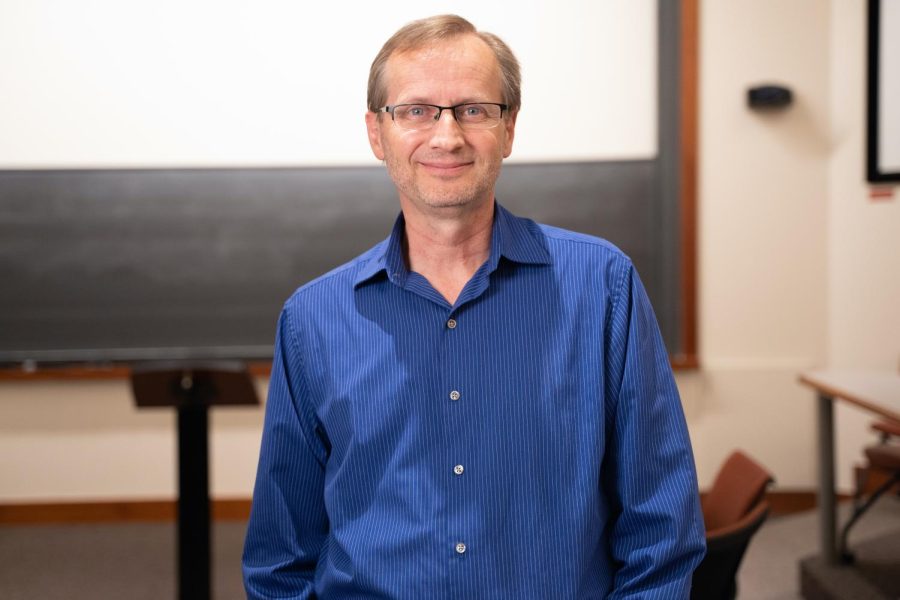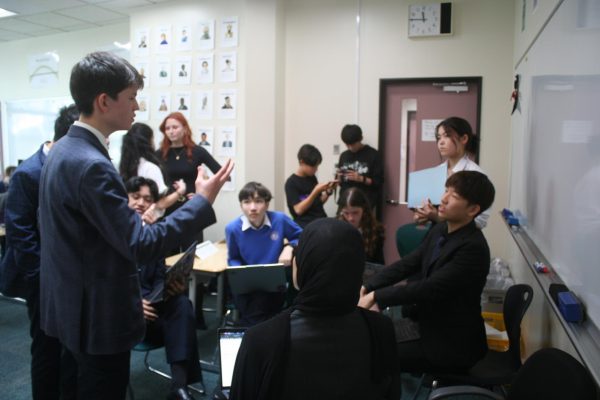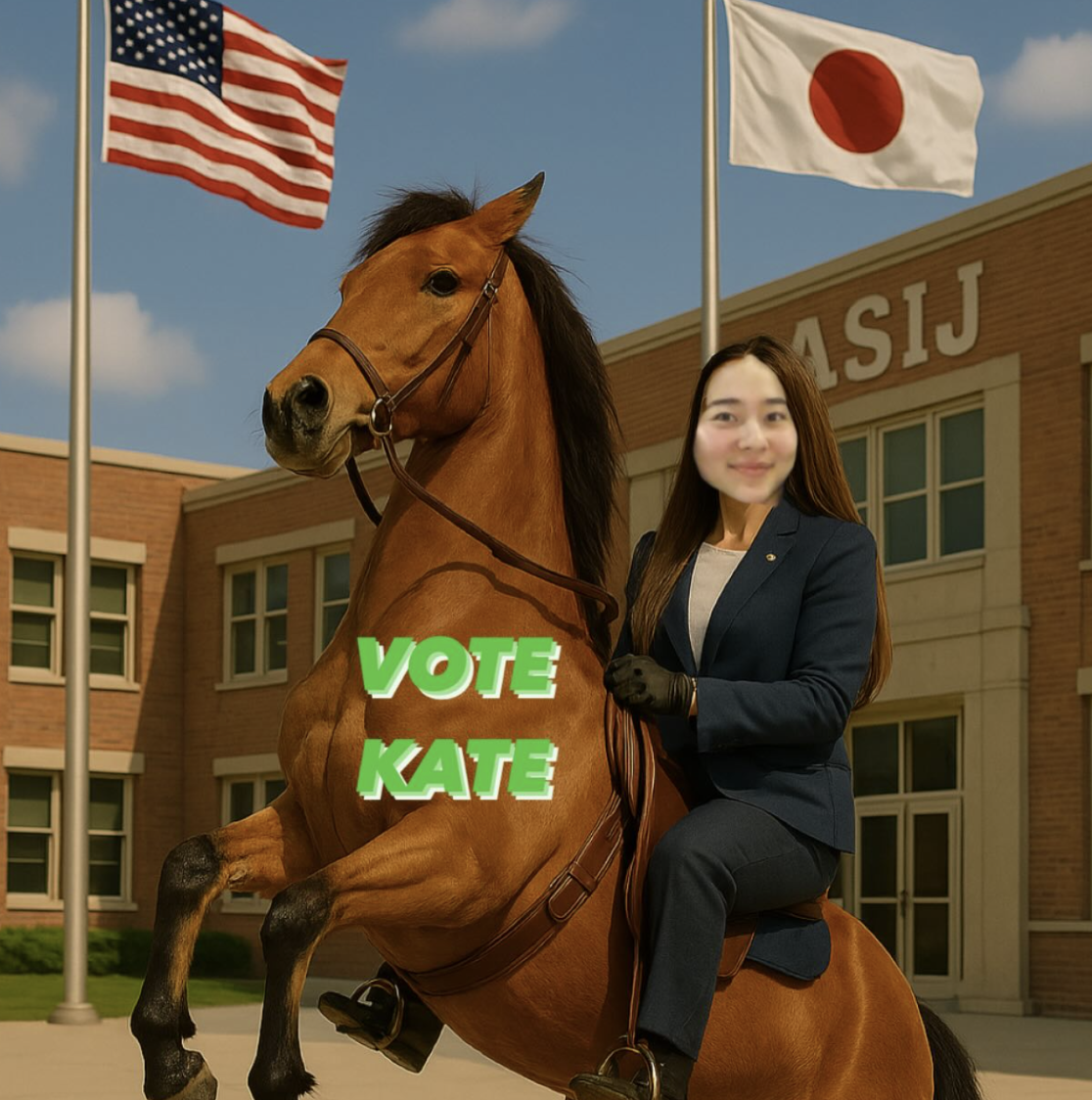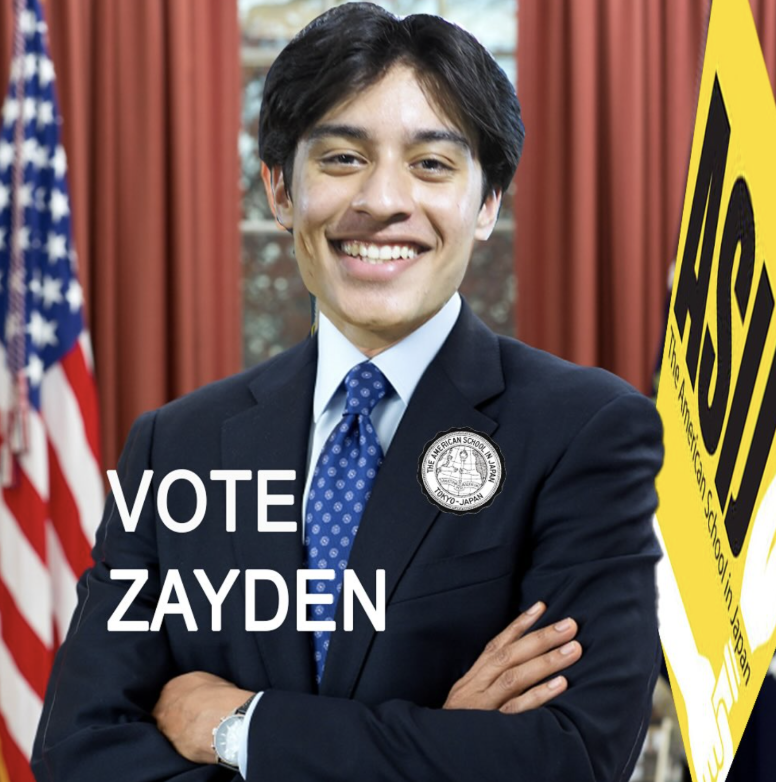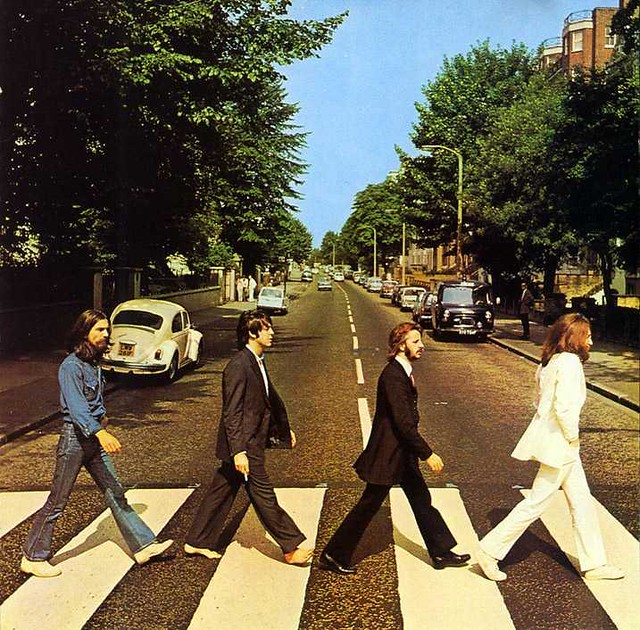Navigating a Completely New Field
November 12, 2022
This is part of a continuing series of interviews with academics from leading U.S universities.
How should the internet be regulated? How does social media affect our daily lives? How can we protect ourselves and our privacy online? Professor Kenneth Rogerson at Duke University’s Sanford School of Public Policy has been dealing with these questions since they first became relevant.
Rogerson studied Journalism and European History as an undergraduate at Brigham Young University, where he loved writing for, and editing, a number of newspapers. Within his studies, he also pursued language and semi-professional musicianship, receiving minors in Italian and music. He then earned a Master’s degree in International Relations, and assisted with a newsletter for the program.
Unable to find a job in journalism post-graduation, Rogerson entered public relations for the Utah Symphony. Realizing the limited future prospects this position offered, he decided to pursue a PhD in Political Science at South Carolina University under a full scholarship. Rogerson was in graduate school in 1998, just as the “world wide web” was beginning to spread around the U.S. He wrote an article on internet regulation, which was published as a lead article in the prominent journal Political Communication.
This article, combined with his other published writings, captured Duke University’s attention. He subsequently joined Duke, and was able to begin researching and teaching in a completely new field. He has taught courses related to international communication and media policy, published papers/research, and served in an administrative role in the department. In 2001, he taught a class called Media and Technology Policy, one of the first classes of its type in the U.S.
One of Rogerson’s upcoming articles is a comparison of the U.S and Chinese social media opinions on environmental sustainability, based on data from Twitter and the Chinese social media platform Weibo. The research addresses questions like, “How is social media different from mainstream media in these countries?”
Rogerson has some data privacy advice for high schoolers. His most important piece of advice is to simply think more critically about our internet use. Half-joking, he said that students should be scared of the internet. But here are a couple of his tips:
- Never use a debit card to pay for something online. Debit card companies don’t take identity theft nearly as seriously as credit card companies. Paypal is a great option.
- Don’t use Venmo or Zelle for direct consumer purchases. Only use them to transfer money to friends and family.
- Use the strictest privacy settings available on social media apps, especially concerning location services.
Rogerson said that for 95% of people, nothing bad will ever happen related to data privacy, and we will go about our lives completely unchanged. But for the 5%, it will be terrible, especially in the United States. There is no government agency to help you, and the only angle of retaliation is against large corporations with thousands of lawyers. The financial and social ramifications of problems like identity theft are immense.
As for more general life and educational advice, Rogerson said that 60% of undergraduates come to Duke intending on going to medical school. Only 15-18% actually end up going. University is a time to explore what you enjoy, so take interesting classes and spread yourself out across a variety of topics. Changing your mind is not a sign of weakness, but of strength and maturity. Take advantage of the unique opportunities afforded to you in this short time.
If you are interested in reading more about Professor Rogerson’s work, you can find a list of his articles here.

